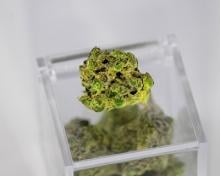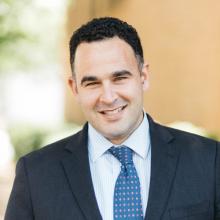
Member Prices
As of February 2020, “medical marijuana” has been approved in 33 states, District of Columbia, Guam, Puerto Rico and US Virgin Islands in the US and Canada. Additionally 14 states and territories have approved recreational adult-use of marijuana. Marijuana, however remains a Schedule-1 drug per the US Drug Enforcement Administration (DEA). Nevertheless, today the market-place is flooded with over 2500 “strains” of the marijuana plant and marijuana-infused products (including edibles, concentrates, dabs, waxes, oils, vaping fluids). These products are not regulated by the Food and Drug Administration (FDA) and don’t meet the FDA standards for approval of other medications, although the product labels accompanying these products may appear similar to that seen with pharmaceutical medications.
Evidence supporting the use of “medical marijuana” for specific medical conditions is of low quality at the present time. Furthermore, individuals with certain psychiatric disorders may be at greater risk for adverse effects. This presents a challenge for physicians treating patients who use “medical marijuana” and tout the benefits of the products based on manufacturer’s product labels. Furthermore, it is possible that psychiatrists encounter patients who are using medical marijuana for a psychiatric indication or may be co-managing a patient who is receiving medical marijuana for a no psychiatric (medical) condition. Patients also often echo ill-informed counter-arguments against the scientific evidence, making it important for physicians to keep up-to-date with scientific literature on the topic.
This webinar provides practitioners with an update on marijuana laws in the US and the evidence for the use of ‘medical marijuana’ as a treatment for anxiety disorders. Dr. Kevin Sebat provides an overview of marijuana laws in the US, and the provisions under decriminalization vs legalization, use for “medical” purposes vs recreational use. Dr. Rajiv Radhakrishnan provides an update on the evidence for harmful/beneficial effects of medical marijuana in anxiety disorders (including PTSD).
Learning Objectives:
- Provide an overview of laws governing the use of “medical marijuana” in different states in the US.
- Provide an update on the evidence for harmful and beneficial effects of medical marijuana in anxiety disorders and PTSD
- Provide an update on the evidence for harmful and beneficial effects of CBD in anxiety disorders and PTSD













